39 pages • 1 hour read
PlatoTheaetetus
Nonfiction | Book | Adult | BCEA modern alternative to SparkNotes and CliffsNotes, SuperSummary offers high-quality Study Guides with detailed chapter summaries and analysis of major themes, characters, and more.
Chapters 29-35Chapter Summaries & Analyses
Chapter 29 Summary: “Aviary Model Criticised”
On closer inspection the aviary model does not solve the initial paradox of false judgment, which is the problem of how one can not know what one knows or be wrong about what one knows. To successfully “get hold of” a piece of knowledge in our minds, we must identify the correct piece of knowledge. Put another way, if we get hold of the wrong thing, or misidentify it, when asked a certain question about it, then we cannot say that we really know that thing. For example, if you “got hold of” the philosopher Heraclitus to identify the author of a quote that was in fact said by Thales, then you do not truly know Heraclitus. As a result, due to this impasse with false judgments, Socrates changes tack. He opts to reverse the order of enquiry and look at false judgment again only after he has first defined “what, exactly, knowledge is” (93).
Chapter 30 Summary: “True Judgment Is Knowledge”
In response to Socrates’s question regarding a definition of knowledge, Theaetetus reiterates his earlier suggestion that knowledge is true
Related Titles
By Plato
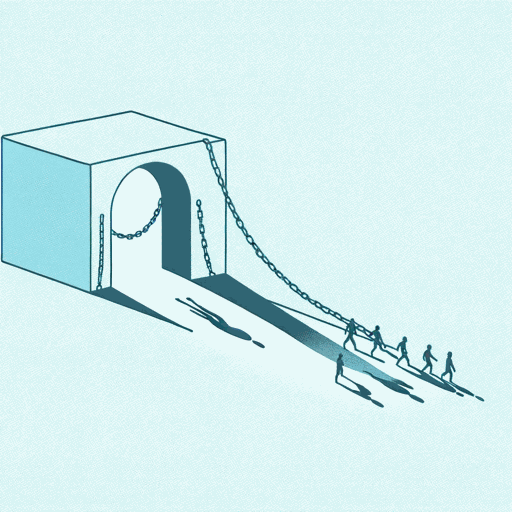
Allegory Of The Cave
Plato

Apology
Plato
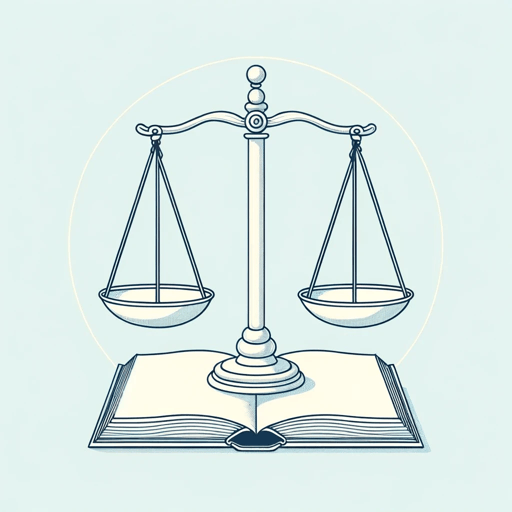
Crito
Plato
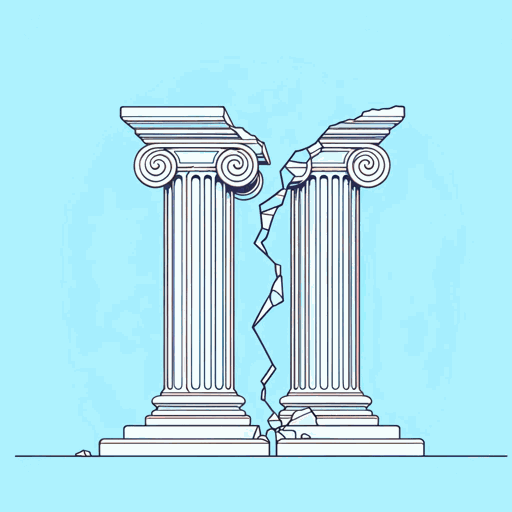
Euthyphro
Plato
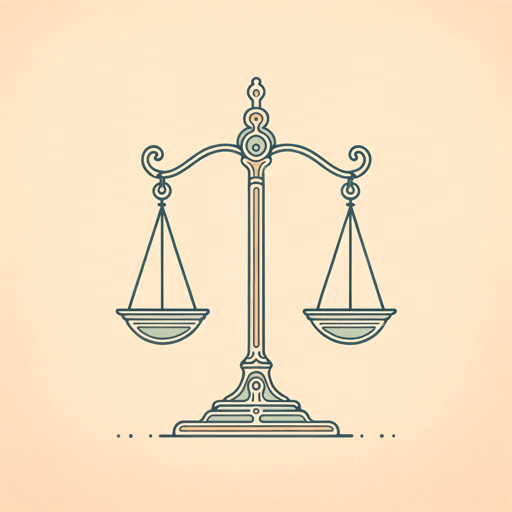
Gorgias
Plato
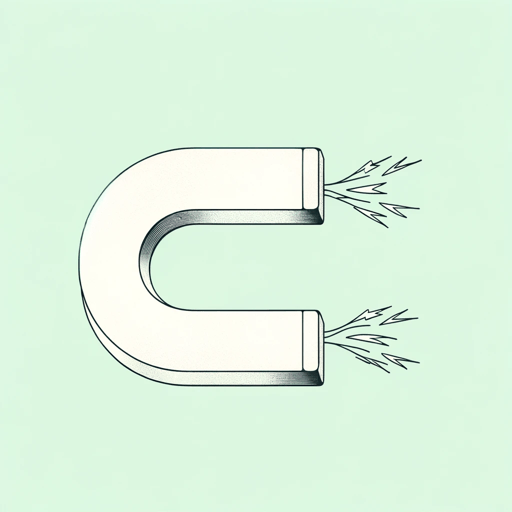
Ion
Plato

Meno
Plato

Phaedo
Plato
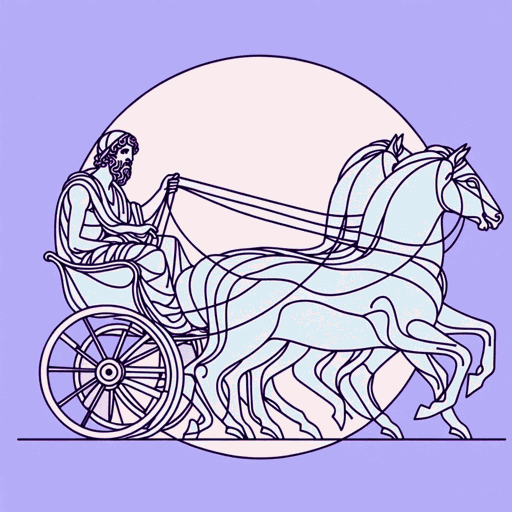
Phaedrus
Plato
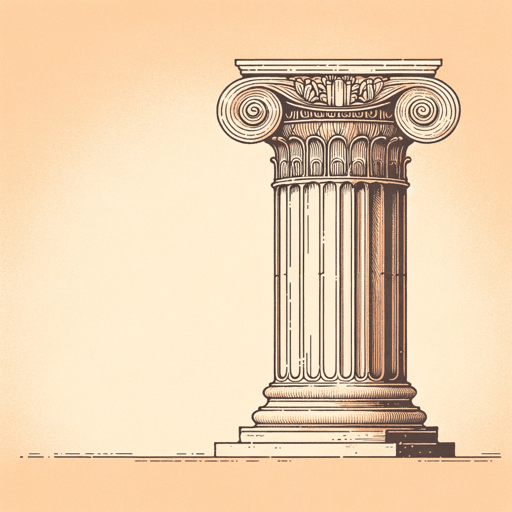
Protagoras
Plato
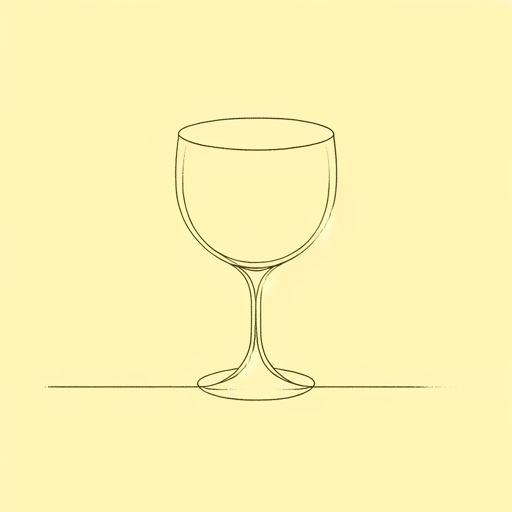
Symposium
Plato
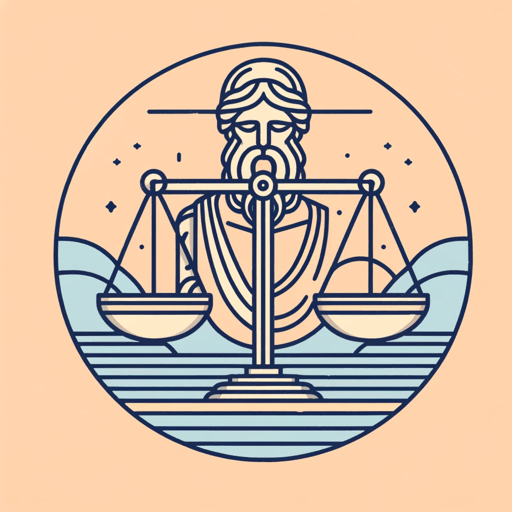
The Last Days of Socrates
Plato

The Republic
Plato

